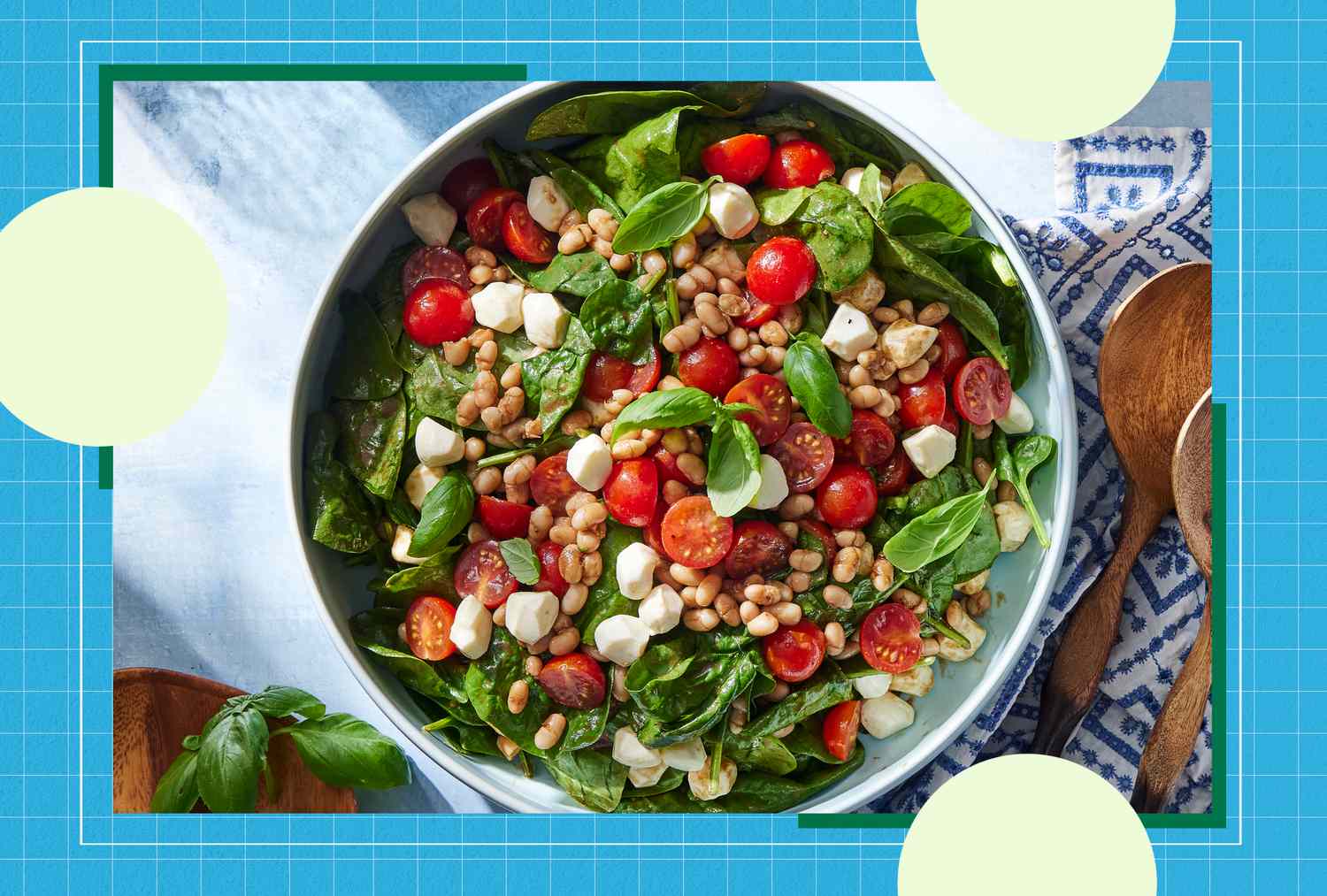
Physical health is a surprising topic that many people are focused on right now—and rightly so. Taking care of your gut microbiome is important for overall health, as a healthy gut can support the health of your body and can help reduce the risk of anxiety and depression. among other benefits.
But if you’re confused about where to start, we’ve got it. We assure you, an improved gut microbiome does not come from fad diets. In a recent Instagram video, gastroenterologist Will Bulsiewicz, MD, helped narrow it down to a key ingredient he thinks more people should incorporate into their routines. Here’s a healthy weekly routine she wants you to try.
The #1 Thing You Should Do Every Week For Gut Health
A person’s diet has been proven to affect their gut health for better or worse, so the best thing you can do for gut health is to eat gut-building foods. But there’s a reason why the veggie-rich Mediterranean diet is called the best diet for gut health.
In particular, eating a variety of plant-based foods each week can support your gut bacteria, ensure you’re getting enough fiber and can help your overall health. Recent research suggests that eating five different plant-based meals a day can help improve long-term health.
How many types of vegetables should you eat per week? The gastroenterologist makes 30 comments, referring to the magic number from a 2018 study on how plant species have a positive effect on the presence of the microbiome. This seems like a huge number, and Bulsiewicz knows it may seem impossible – but it’s not.
“We all know that diversity is key to gut health,” Bulsiewicz said. The question is, how do we get to 30 different plants a week without breaking our back or our bank account? There are easy ways to sneak more plants into every meal—and a few other ingredients you might be missing out on that are common foods you already have.
Ways to Eat More Plants
First, it’s important to note that “plants” means fruits, vegetables, grains, nuts, and other plant-based ingredients, so don’t limit yourself to leafy greens (even though they are nutritious). so beautiful). Bulsiewicz said that there are four types of dishes that are quick to add plants to: soups, salads, sauces and smoothies.
“It’s all a delivery vehicle [a] different types of flora in your gut microbiome,” he explained. Every time you make one of these in the kitchen, you have to think, ‘How many more flora should I add?’
Here are some recipes that include at least four different herbs each:
But if this still leaves you unsure of what to buy when grocery shopping, Bulsiewicz has some suggestions for you.
Healthy ingredients, easy to include in your diet
Here are the plants that the doctor likes to include in his breakfast, lunch and dinner.
Her first choice is seeds: “Chia, flax and hemp should be in every smoothie,” Bulsiewicz said. This is the right choice, as all these seeds help in digestion. And being a plant source of omega-3s, chia seeds, flaxseeds and hemp can help reduce inflammation, support your heart health and improve cognitive function. it is always included in your diet. We think Bulsiewicz would love our premium Strawberry-Peach Chia Seed Smoothie for this reason.
Next is beans. “Add as many types of beans to your diet as possible,” the gastroenterologist suggested. Beans are an easy canned ingredient that is packed with nutrients, whether you choose black beans, pinto beans, chickpeas, lima beans or kidney beans. Eating beans can help you reach your weight goals, reduce your risk of heart disease (the song is true!) and help keep you full, as they are full of protein. Our No-Cook Black Bean Salad is an easy-to-prepare 30-minute meal that’s a favorite among EatingWell readers.
Finally, Bulsiewicz is known to mention berries as the fruit he recommends, and it doesn’t stop there.
“Why choose just one? They are all very beautiful,” he said. This means that blackberries, raspberries, strawberries and blueberries are on the list. They’re all full of antioxidants like vitamin A and polyphenols, which means they’re good for your gut and reduce inflammation in the body. Enjoy berries as a delicious snack, or use them as a fresh topping for yogurt or cereal.
The Bottom Line
There are many ways to incorporate more plants into your diet, whether it’s sprinkling blueberries and chia seeds on your oatmeal, or using your seasonal produce and beans. canned for comforting soup. The most important thing is to make sure that you prioritize health and taste so that you can enjoy your healthy meals. As Bulsiewicz puts it: “Let’s get to 30, let’s have fun doing it, let’s make it fun.”
#Eat #Vegetables #Week #Gastroenterologist #Heres
Leave a Reply